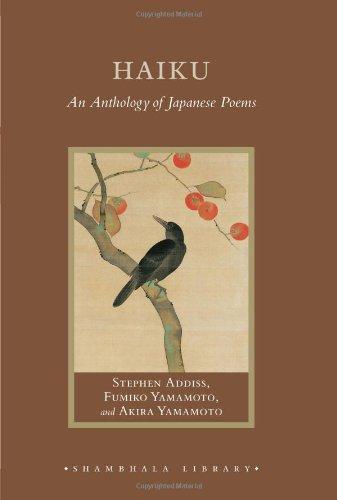Dense -- Best to Have Some Grounding in Classical Philosophy
3 stars
This is a reasonably good introduction to Islamic theology, but the authors pull no punches when introducing you to their subject. Aristotle's categories and rudimentary knowledge of Neoplatonic thought are absolute musts. When I understood everything in an essay, it was quite the achievement.
It becomes apparent after a bit of reading that the primary points of contention are essentially the same everywhere: Is there free will? What is the nature of reality, and how did the universe even begin? What about God is even knowable? By what means does causation take place? The borders between Islamic theological schools are drawn over these questions.
To me, the most interesting one was the Muʿtazila, which seems to have largely died except among the Shiʿa.
The text concludes with thought since the 19th century, and new directions in Islamic theological thought today. The bulk of the book covered the 9th-12th centuries (CE); …
This is a reasonably good introduction to Islamic theology, but the authors pull no punches when introducing you to their subject. Aristotle's categories and rudimentary knowledge of Neoplatonic thought are absolute musts. When I understood everything in an essay, it was quite the achievement.
It becomes apparent after a bit of reading that the primary points of contention are essentially the same everywhere: Is there free will? What is the nature of reality, and how did the universe even begin? What about God is even knowable? By what means does causation take place? The borders between Islamic theological schools are drawn over these questions.
To me, the most interesting one was the Muʿtazila, which seems to have largely died except among the Shiʿa.
The text concludes with thought since the 19th century, and new directions in Islamic theological thought today. The bulk of the book covered the 9th-12th centuries (CE); or, in other words, the classical era, although there was a bit about epochs afterwards.





















